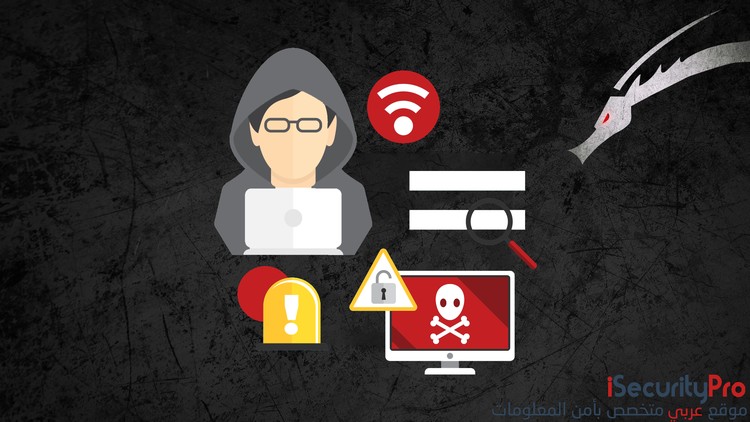CEH V11 EC-COUNCIL CERTIFIED ETHICAL HACKER ALL MODULES PDF
The world of cybersecurity is a battlefield, with ethical hackers acting as the white knights defending against malicious attackers. If you’ve ever wondered what it takes to become a certified ethical hacker (CEH), this essay is your comprehensive guide.
What is a Certified Ethical Hacker?
Imagine a skilled professional who thinks like a hacker but uses their talents for good. That’s a certified ethical hacker. They possess the knowledge and tools to identify vulnerabilities in computer systems and networks, mimicking the methods of malicious hackers, but with a crucial difference: they do so with permission and with the aim of improving security.
Why Become a Certified Ethical Hacker?
The demand for ethical hackers is skyrocketing. Companies are increasingly aware of the ever-present cyber threats and require professionals to safeguard their critical systems. This translates to promising job opportunities [certified ethical hacker jobs] and competitive salaries (average salary being around $109,540 according to Glassdoor).
How to Become a Certified Ethical Hacker
The path to becoming a CEH involves several crucial steps:
- Understanding the Requirements: There are no formal prerequisites, but some experience in information security is recommended.
- Training and Courses: Numerous certified ethical hacker courses [certified ethical hacker course] are available, ranging from online programs to bootcamps [certified ethical hacker bootcamp]. These courses equip you with the knowledge and techniques required for the exam. While some free courses [free certified ethical hacker course] exist, in-depth training typically comes at a cost [certified ethical hacker course cost, certified ethical hacking certification cost].
- The CEH Exam: The CEH exam [certified ethical hacker ceh exam] is a rigorous 4-hour test with 125 multiple-choice questions. You can find practice tests [certified ethical hacker practice test] and study guides [certified ethical hacker study guide] to prepare for it. The exam itself has a separate cost [certified ethical hacker exam cost].
Certification Benefits and Resources
Earning your CEH certification validates your expertise and opens doors to exciting career opportunities in cybersecurity. The EC-Council, a leading cybersecurity organization, offers the official CEH program [certified ethical hacker cert]. There are also resources like the CEH v12 exam guide [ceh certified ethical hacker all in one exam guide] and books [certified ethical hacker book] to help you on your journey.
Additional Considerations
- CEH vs. Other Certifications: While CEH is a popular choice, it’s not the only option. Consider your career goals and research other relevant certifications like CompTIA PenTest+.
- Ongoing Learning: Cybersecurity is a dynamic field. Stay updated with the latest threats and trends through online training [certified ethical hacker training online] and communities like Reddit [certified ethical hacker reddit].
Is It Worth It?
Becoming a certified ethical hacker requires dedication and investment, but the rewards can be substantial. If you’re passionate about cybersecurity and enjoy the challenge of outsmarting attackers, then this path might be the perfect fit for you.
This essay has provided a roadmap to navigate the world of certified ethical hacking. Remember, the first step is often the hardest. So, take the plunge and embark on your ethical hacking adventure!
Course Outline
Module 01: Introduction to Ethical Hacking
Module 02: Footprinting and Reconnaissance
Module 03: Scanning Networks
Module 04: Enumeration
Module 05: Vulnerability Analysis
Module 06: System Hacking
Module 07: Malware Threats
Module 08: Sniffing
Module 09: Social Engineering
Module 10: Denial-of-Service
Module 11: Session Hijacking
Module 12: Evading IDS, Firewalls, and Honeypots
Module 13: Hacking Web Servers
Module 14: Hacking Web Applications
Module 15: SQL Injection
Module 16: Hacking Wireless Networks
Module 17: Hacking Mobile Platforms
Module 18: IoT Hacking
Module 19: Cloud Computing
Module 20: Cryptography
Download CERTIFIED ETHICAL HACKER ALL MODULES PDF



